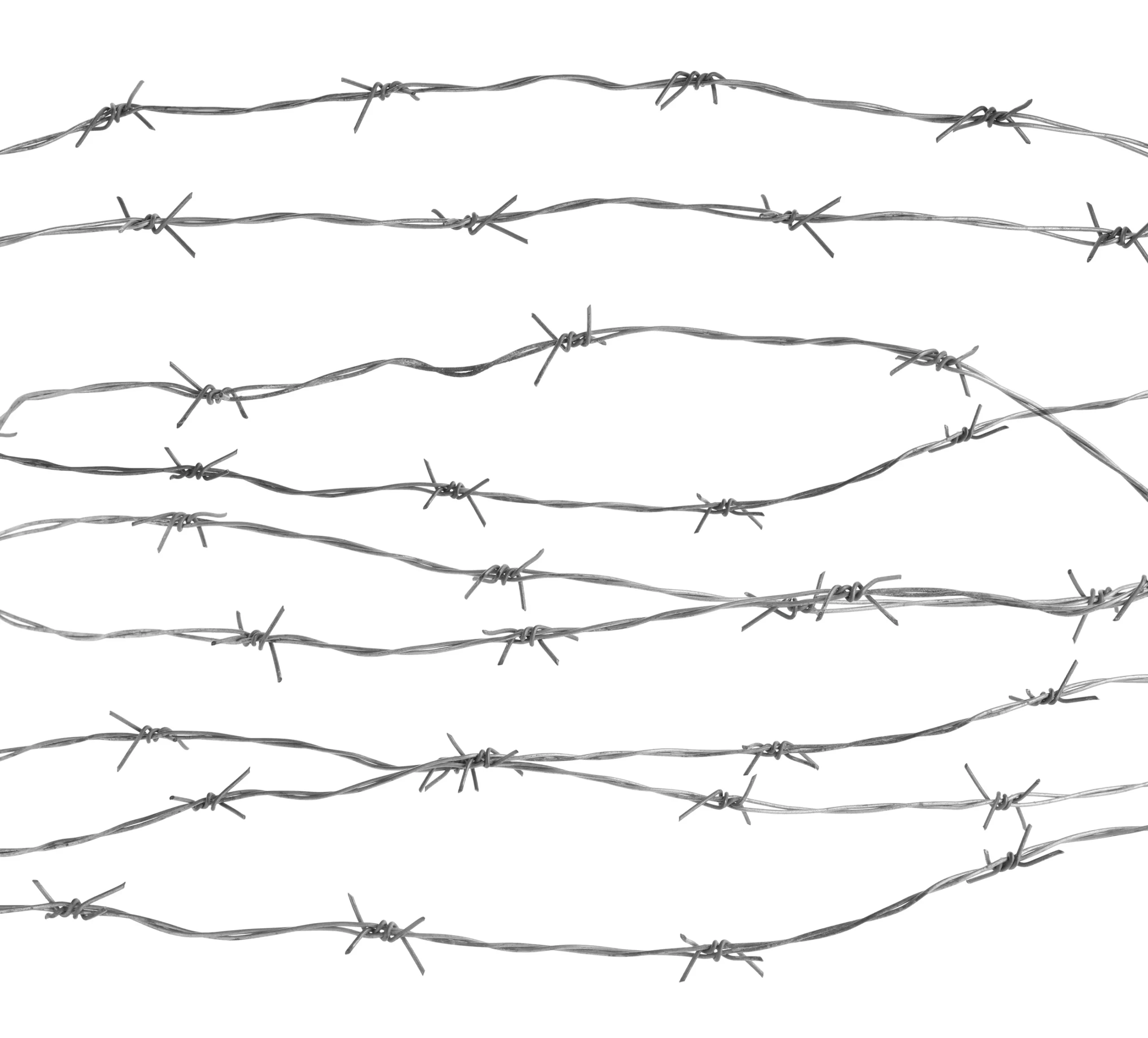Obsessive-compulsive disorder (OCD) is a mental health condition characterised by recurring, unwanted thoughts (obsessions) and repetitive behaviours (compulsions) that the individual feels driven to perform. It affects people of all ages, and manifestations can significantly impact daily activities, personal growth, and relationships.
The relentless nature of obsessions and compulsions can disrupt routines, strain social interactions, and hinder personal development. Recognising the importance of timely, personalised treatment is essential in managing OCD’s symptoms. If OCD touches your life, reaching out for a confidential discussion with our team can be the first step toward reclaiming control of your health and well-being.
Integrated Home-Based Treatment for OCD
At Assured Healthcare and Wellness, our commitment to treating OCD begins with a comprehensive assessment so we can create a treatment plan tailored to your individual needs. Our home-based care model is meticulously designed to address your specific symptoms and life circumstances, and this approach ensures that every aspect of treatment is as effective as possible.
Our strategies include:
- Customised In-Home Therapy: Tailored sessions conducted in the safety of your home, focusing on exposure and response prevention (ERP), the gold standard for OCD treatment, adapted to your unique challenges.
- Personalised Medication Management: Carefully monitored and adjusted medication plans to effectively manage OCD symptoms, delivered with the convenience and privacy of home care.
- Behavioural Strategies Integration: Incorporation of practical, daily routines and exercises aimed at reducing compulsive behaviours and distressing obsessions.
- Continuous Emotional Support: Access to dedicated support for dealing with the complexities of OCD, including strategies for stress management and improving overall mental well-being.
This comprehensive, at-home care model ensures treatment is seamlessly integrated into your daily life, promoting a sense of normalcy and empowerment over OCD. By bringing specialised, compassionate care directly to you, we ensure your path to recovery as comfortable and effective as possible.
The AHW Difference in OCD Treatment
At Assured Healthcare and Wellness, we approach OCD treatment by prioritising a nurturing, individualised care experience within the familiar confines of your home. Our care model is designed with an acute awareness of the specific challenges posed by OCD:
- A Sanctuary for Recovery: Traditional clinical environments can inadvertently heighten OCD symptoms, making them feel more daunting. Our home-based care creates a safe, comforting space, encouraging a sense of security and belonging essential for tackling this condition.
- Tailored Care That Fits Your Life: We understand that OCD can complicate daily routines, and our treatment plans are designed to run alongside your daily life, easing the stress of managing symptoms while maintaining a sense of normalcy.
- Comprehensive and Compassionate Support: We approach OCD treatment holistically, addressing not only the physical manifestations but also the emotional and psychological ones. Our support extends beyond clinical interventions to include emotional counselling, personalised coping strategies, and mindfulness techniques, all aimed at fostering mental resilience and emotional well-being.
Choosing AHW for OCD treatment means opting for a service that deeply values your personal journey, offering care that is as compassionate as it is effective. Our mission is to ensure you feel comprehensively supported, understood, and empowered throughout your recovery journey.
Symptoms of OCD
People might find themselves caught in a loop of rituals aimed at mitigating unfounded fears, such as excessive cleaning or checking, which, while intended to provide relief, only feed the cycle of anxiety.
OCD symptoms extend beyond what is commonly recognised and can manifest in ways that can be both visible and hidden:
- Intrusive Thoughts: Beyond the fear of contamination or the need for symmetry, people may struggle with disturbing thoughts about harm or aggressive behaviours, even though they have no intention of acting on them.
- Compulsive Behaviours: These are not limited to cleaning or organising; they can include mental acts like counting or repeating phrases aimed at preventing some perceived disaster.
- Avoidance: People with OCD often go to great lengths to avoid situations that trigger their obsessions, significantly limiting their life experiences.
- Physical Symptoms: The stress and anxiety of OCD can lead to physical symptoms, including headaches, gastrointestinal issues, and fatigue, further complicating daily functioning.
- Emotional Toll: The constant battle with obsessions and compulsions can lead to feelings of shame, guilt, and isolation, as well as depression and anxiety, highlighting the critical need for compassionate professional support.
Understanding the multifaceted nature of OCD symptoms is vital for recognising the need for a comprehensive, tailored approach to treatment. Acknowledging the broad spectrum of these symptoms underscores the importance of seeking out specialised care that addresses the person as a unique case rather than just a number.
Types or Subtypes of the Condition
OCD is categorised into various subtypes, each representing a unique set of challenges and requiring specialised treatment approaches:
- Contamination Obsessions with Cleaning Compulsions: Focuses on fears of germs/disease leading to excessive cleaning.
- Symmetry Obsessions with Ordering Compulsions: Driven by a need for things to be perfectly aligned or ordered to avoid discomfort.
- Harm Obsessions with Checking Compulsions: Involves fears of causing harm to oneself or others, resulting in repetitive checking behaviours.
- Intrusive Thoughts: Unwanted, distressing thoughts without specific compulsions but causing significant anxiety.
Each subtype impacts individuals differently, making it vital to understand the specific nature of a person’s OCD. This understanding is essential when developing a truly unique treatment plan, ensuring that interventions are directly targeted at the nuances of each subtype. By addressing the particular challenges of these subtypes, we can enhance the efficiency of treatment, aligning care with the patient’s unique experiences and needs.



